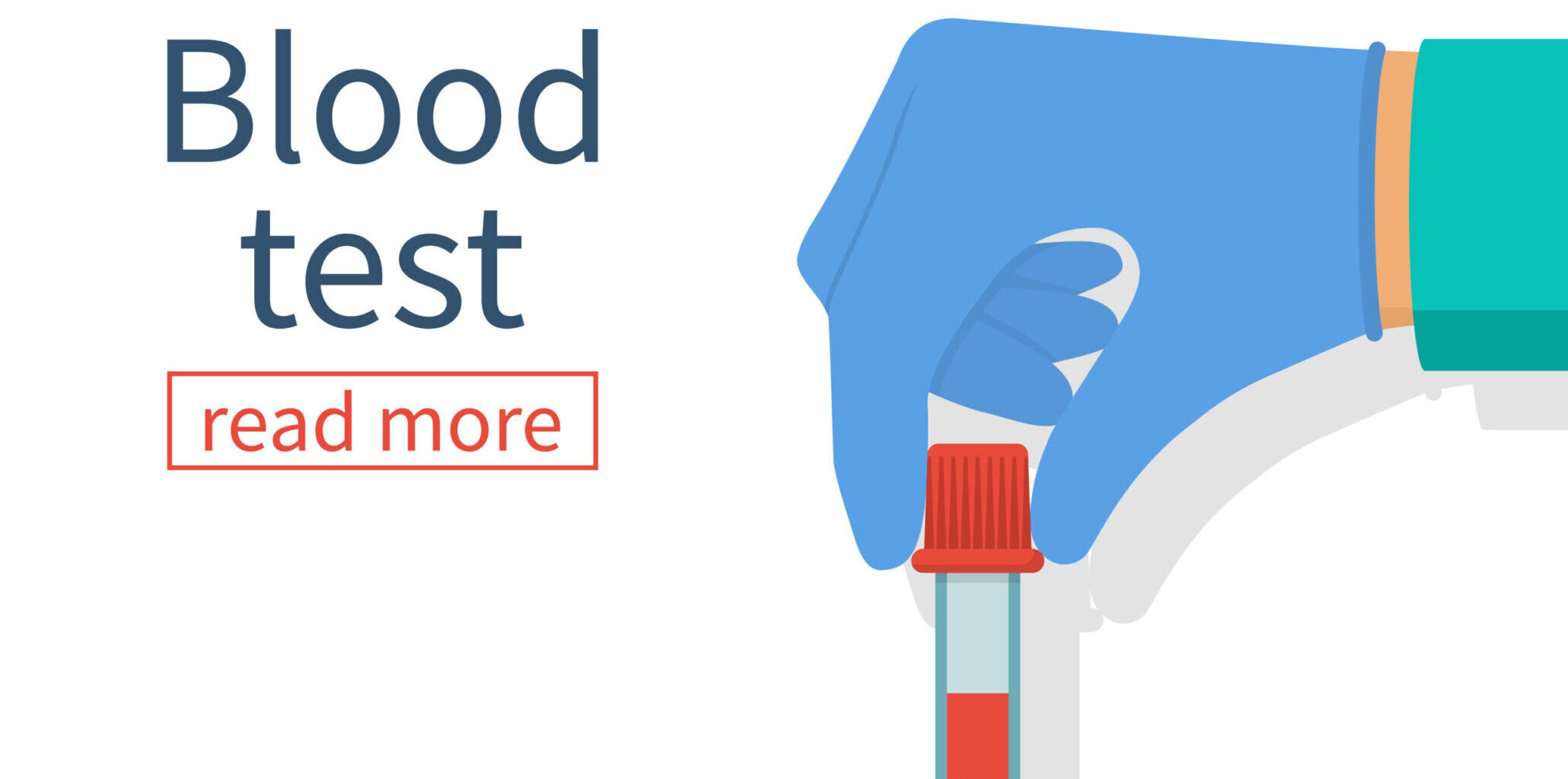Important Blood Tests: Types, Results & Why They’re Done
Introduction:
When it comes to understanding our health, blood tests are invaluable tools. These tests provide critical information about various aspects of our well-being, helping doctors diagnose illnesses, assess organ function, and monitor ongoing conditions.
In this blog, we will delve into the world of important blood tests, exploring their types, what their results mean, and why they are conducted.
Complete Blood Picture (CBP):
The Complete Blood Picture Test, or CBP, is one of the most common blood tests performed. It provides a detailed analysis of your blood cells, including red blood cells, white blood cells, and platelets. This test can detect anemia, infections, and certain blood disorders.
Lipid Profile:
The Lipid Profile test measures cholesterol levels in your blood, including high-density lipoprotein (HDL), low-density lipoprotein (LDL), and triglycerides. Monitoring these levels is essential for assessing your risk of heart disease and other cardiovascular conditions.
Blood Glucose Test:
Blood glucose tests evaluate the concentration of sugar (glucose) in your bloodstream. They are crucial for diagnosing diabetes and monitoring blood sugar levels in diabetic patients.
Liver Function Tests (LFTs):
Liver function tests assess the health of your liver by measuring various enzymes and proteins. Abnormal results can indicate liver diseases or issues related to alcohol consumption and medication side effects.
Kidney Function Tests:
Kidney function tests evaluate the efficiency of your kidneys in filtering waste products from the blood. These tests are vital for detecting kidney diseases and monitoring kidney function in patients with existing conditions.
Why Are They Done?
The importance of these blood tests lies in their ability to provide valuable insights into our health. Early detection of potential issues allows for timely intervention and management, leading to better treatment outcomes and improved quality of life.
Conclusion:
In conclusion, important blood tests play a crucial role in maintaining our health and well-being. Understanding the different types of blood tests, interpreting their results, and recognizing their significance empowers us to take proactive steps in managing our health effectively. Regular check-ups and consultations with healthcare professionals can ensure early detection and prevention of potential health concerns.
Other Health Articles:
How Long Do Blood Test Results Take?
Fasting Before a Blood Test: Everything You Need to Know
The Role of Blood Tests in Chronic Fatigue Syndrome Diagnosis
Blood Tests and Multiple Sclerosis: Unveiling Clues to an Elusive Diagnosis
Disclaimer:
Medical Advice: The information provided in this blog post is for educational purposes only and should not be considered as a substitute for professional medical advice, diagnosis, or treatment. Always consult with a qualified healthcare professional for personalized guidance regarding your specific medical condition.
Accuracy of Information: While we strive to provide accurate and up-to-date information, the field of medicine and viral fevers is constantly evolving. The content in this blog post may not reflect the most current research or medical guidelines. Therefore, it is advisable to cross-check any information provided with reliable sources or consult a healthcare professional.
Individual Variations: The symptoms, causes, treatment options, and preventive measures discussed in this blog post are general in nature and may not apply to everyone. It is important to remember that each individual’s situation is unique, and personalized medical advice should be sought when making healthcare decisions.
External Links: This blog post may contain links to external websites or resources for additional information. However, we do not endorse or have control over the content of these third-party websites. Accessing these links is done at your own risk, and we are not responsible for any consequences or damages that may arise from visiting these external sources.
Results May Vary: The effectiveness of treatment options or preventive measures mentioned in this blog post may vary from person to person. What works for one individual may not work the same way for another. It is essential to consult with a healthcare professional for personalized advice tailored to your specific needs.
Dr. Shevon Joseph has 20 years of experience in the field of Obstetrics and Gynaecology (OBGYN)
Bachelor of Science degree from Howard University, Washington DC
Medical Degree from Temple University School of Medicine, Philadelphia PA
Completed residency training in OBGYN at Northwell Health, Long Island NY (formerly Long Island Jewish Medical Center)
Proficient in managing all aspects of women’s reproductive health, including prenatal care, childbirth, and postpartum care.
Skilled in performing gynecological procedures such as Pap smears, colposcopies, and biopsies.
Expertise in diagnosing and treating various gynecological conditions, including menstrual disorders, pelvic pain, and reproductive system infections. • Knowledgeable in contraceptive counseling and family planning services
Experience in performing gynecologic surgeries, including hysterectomies, laparoscopies, and hysteroscopies.
Special interest and experience in high-risk pregnancies and obstetric complications.
Dedicated to providing compassionate and patient-centered care.
Collaborative approach with other healthcare providers for comprehensive and multidisciplinary patient management.
Active participation in continuing medical education to stay updated with the latest advancements in the field.
She speaks about Period Poverty here
Infertility – Truths and Myths with Dr. Shevon Joseph, click here


